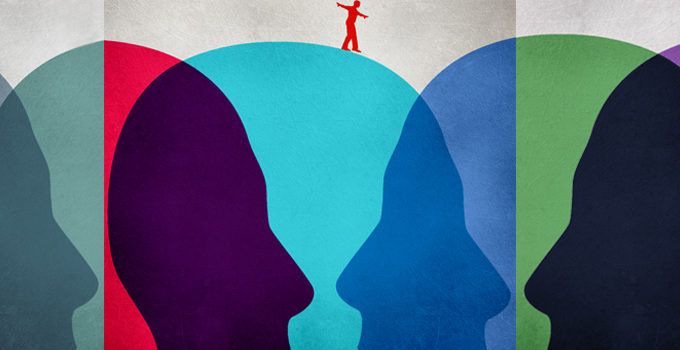

Brain Matters: Improving Balance to Prevent Falls Also Staves Off Memory Loss
by William Buxton
Endeavors that improve balance can prevent falls and help prevent memory loss.
Balance is achieved by complex communications between the brain and other parts of the body. With advancing years and disease, the risk of falling increases and unfortunately, falls are very common and often devastating.
Fortunately, they are also often preventable.
Affecting one-third of older individuals annually, falls are no laughing matter. Of those who fall, 20-30 percent experience reduced abilities to perform daily activities, and 1 in 10 experiences serious injury. Additionally, the single strongest predictor of a future fall is a prior fall. Therefore, it is important to report any fall to your physician. Also, let your doctor know if you have a fear of falling or if others have pointed out that you appear unsteady at times.

At the Pacific Brain Health Center, we take falls seriously and the specialty Falls Prevention and Balance Treatment Program addresses all aspects of fall prevention.
When you meet with your doctor, he or she will ask about any prior falls and your medications and medical problems, perform a thorough exam, and often order blood tests and/or scans. Afterward, you will receive a plan to treat any underlying medical problem that can increase your risk of falls.
See our fall assessment questionnaire
Additionally, your treatment plan will include physical therapy and/or exercise classes, which are the single most important, proven interventions to prevent falls. Several different programs and types of exercise help, from dancing classes, to tai-chi, to strengthening and stretching programs.
Another important step is to make sure that your environment is safe and fall proof. These factors include keeping rooms well-lit during the day and using nightlights at night, keeping floors clear of clutter or throw rugs, and installing bathroom safety items such as rails and slip-proof shower chairs. Make sure shoes fit well and aren’t slippery. Regular eye exams are also helpful.
So, falls are not inevitable and there are many things you can do to prevent them.
Activities are a lot of fun and help you remain balanced and active, doing things that you can enjoy with those who matter to you. And as an added bonus, many of the endeavors that prevent falls can also help prevent memory loss!
For more information, please call 310-582-7641 or schedule a consultation on the Pacific Brain Health Center website.
Adapted from the original article published in the February 2019 issue of the Santa Monica Star
About the Author

William Buxton
Dr. William G. Buxton is Director of Neuromuscular & Neurodiagnostic Medicine and Fall Prevention at the Pacific Brain Health Center. His streamlined methods to optimize safety in outpatient settings, especially related to fall prevention among neurology outpatients have reduced falls and have even trended toward fewer falls among individuals with dementia, a population in which fall prevention efforts had previously been viewed as impractical. Dr. Buxton also has interests in neuropathies, especially those secondary to autoimmune disorders and other systemic processes.
Last updated: February 9th, 2021